What Is Commercial Recycling?
Commercial recycling is the recycling of commercial waste, otherwise known as business or trade waste, as part of wider waste management solutions. Recycling involves the processing of waste material into something new to be used again, which has numerous benefits for the environment.
Commercial waste is defined as waste generated by commercial activity. Therefore, commercial waste is created in offices, retail establishments, hotels, construction sites, education institutions, and more.
Find out more with our guide to commercial waste collection & disposal.
What Commercial Waste Can Be Recycled?
As there is a wide breadth of premises and business types that can produce commercial waste, of which some will be recyclable, any example list is not exhaustive of all possible recyclable commercial waste.
Any waste streams that aren’t recyclable may be classed as general waste, or hazardous, clinical, or washroom waste, requiring special handling and treatment.
Examples of commercial recyclable waste:
- Paper – envelopes, booklets, receipts, newspapers, flyers
- Plastic – milk bottles, drinks bottles, containers
- Cardboard – packaging, boxes, cartons
- Metal – steel, aluminium, food tins
- Glass – bottles, jars, containers
- Food waste
- Shredded confidential paper
Confidential waste is made up of documents containing important data which requires discreet disposal, usually through shredding and then recycling. This waste stream is particularly typical of law and accounting firms, but almost all businesses will have confidential files that need to be disposed of at some point.
Who Is Responsible for Commercial Recycling?
The proper management of waste is part of a business’s day-to-day operations. Section 34 of the Environmental Protection Act 1990 outlines the ‘Duty of Care’ businesses (producers of waste) have to prevent, reuse, recycle and recover waste, amongst other responsibilities.
To find out the full legal responsibilities of businesses, see the UK Government guidance.
Benefits of Commercial Recycling
There are a wide range of benefits of waste management and commercial recycling for the environment and businesses. Here are some of the key benefits of commercial recycling:
Reduce Landfill
Reducing the amount of waste that ends up in landfill is a pivotal goal of many businesses and waste management providers. The more waste that is properly recycled and managed, the less that ends up in landfill sites thus populating the environment and damaging ecosystems.
Plastic waste that is not recycled, for example, is attributed to the huge amount of plastic in the ocean, the amount of which is predicted to outnumber fish by 2050.
Cost Efficiency
Separating waste properly may result in general waste weighing less and therefore costing businesses less. For example, food waste commonly adds significant weight to waste collections, but if disposed of separately and recycled, the cost of that haulage is reduced.
It makes economic sense for businesses to better separate and increase recycling to reduce the amount of expensive general waste destined for landfill, incurring expensive fees.
Streamline Waste Management
Having dedicated waste containers, separating types, and implementing structured management can streamline waste management and reduce hassle. This is especially true for businesses that work with a waste disposal provider, like Great Western Recycling, to achieve comprehensive waste management from one provider with a single point for all waste billing.
Once recycling and associated practices become the norm for businesses, waste management is not a headache.
Preserve Natural Resources
Most resources on earth are limited, especially those used to make plastic and other commonly used materials. By recycling waste and processing new materials, natural resources are preserved. This also has knock-on effects on time, money and energy savings used to produce virgin materials, the demands of which are far higher than that of reprocessing recycled materials.
Environmental Policy
The key for businesses to drive environmental change, outlining an environmental policy with information about waste management and recycling targets can help businesses make and stick to promises. Increasingly, consumers are looking to buy products/services from businesses with good environmental practices, so advertising a commitment to recycling is a strong start for businesses.
How to Get Started with Commercial Recycling
To get started with commercial recycling, follow these tips.
Audit waste
Conduct a waste audit to understand exactly what waste types and quantities your business produces. Find out how to conduct a waste management audit with our helpful guide to waste audits.
Choose a waste management provider
Choosing a private company means you get to decide how your business’ waste is managed with greater freedom. Aspects to consider when choosing a partner include prices, range of services, environmental commitment, location, facilities, and more. It is critical to also check that the provider is registered.
Great Western Recycling provides a range of waste management and recycling services to commercial premises across England. We work with individual businesses to meet their requirements and assist in achieving a zero-waste-to-landfill waste solution by prioritising commercial recycling.
View our full range of waste management services >
Educate
Businesses should ensure existing and new staff are trained on processes and waste procedures, i.e., what waste is recycled and where. It’s important that all employees at commercial premises are aware of waste procedures to ensure commercial recycling is properly carried out.
Commercial Recycling with Great Western Recycling
We are waste management and recycling experts based in the South West, servicing businesses across England. We offer a range of specialist recycling services including confidential waste disposal and a variety of other waste stream management to facilitate hassle-free commercial recycling.
Get in touch to discuss your business’ waste requirements!
See more: Importance of Waste Management – Why is Waste Management Important for Businesses in the UK?
See more: How to Reduce Business Waste
